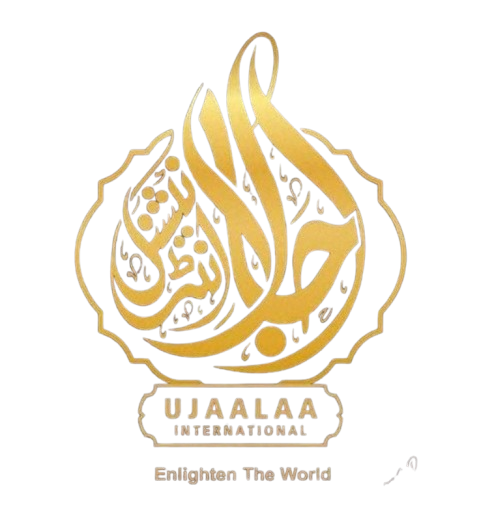In a world that is increasingly interconnected, fostering understanding and respect among different religious communities has never been more important. Education plays a crucial role in promoting interfaith understanding by providing individuals with the knowledge and skills needed to appreciate religious diversity. Let’s explore how education can bridge gaps and promote peaceful coexistence among people from different faiths.
Educating About Different Religions
One of the most important ways that education promotes interfaith understanding is by teaching about different religions. Schools, universities, and religious institutions can offer courses that provide insights into various religious beliefs, practices, and histories. These educational opportunities help individuals gain a deeper understanding of the principles that guide different faiths and can debunk myths or misconceptions that often lead to prejudice.
At Ujala International, we support the idea of inclusive education that fosters global awareness and understanding of diverse perspectives.
Promoting Tolerance and Respect
Education is not just about learning facts; it’s about developing attitudes of tolerance and respect for others. By integrating interfaith dialogues and activities into educational settings, individuals are encouraged to engage in respectful discussions about religious differences. These interactions help to challenge stereotypes and foster a spirit of cooperation and understanding.
In our work at Ujala International, we focus on educating people about the value of mutual respect in both professional and personal environments.
Encouraging Empathy and Emotional Understanding
Through education, individuals can develop empathy by learning about the experiences of people from different faith backgrounds. When students understand the struggles, aspirations, and values of others, they are more likely to approach those from other religions with kindness and empathy. This emotional understanding can break down barriers and create deeper connections between communities.
At Ujala International, we believe that fostering empathy is key to creating a harmonious society where people from different backgrounds can live and work together peacefully.
Providing a Platform for Dialogue
Education systems can serve as platforms for open, constructive dialogue between people of different faiths. By organizing interfaith events, discussions, or workshops, students and community members can explore common values and address misconceptions. Such dialogue fosters mutual understanding and encourages collaboration across faith lines.
We promote dialogue at Ujala International, believing that it is essential for building trust and respect in a diverse society.
Encouraging Community Collaboration
When people from different religious backgrounds collaborate on educational projects or community service initiatives, it creates opportunities for interfaith understanding. Working together toward a common goal helps to break down barriers and build relationships based on shared values and experiences.
Through collaborative efforts, educational institutions and community organizations can create environments where interfaith harmony is nurtured.
Addressing Conflict Through Education
In areas where religious conflict exists, education can be a powerful tool in resolving differences and building peace. By educating people about the root causes of conflicts and promoting dialogue, education can help to defuse tensions and encourage peaceful coexistence.
At Ujala International, we advocate for educational programs that promote conflict resolution and peacebuilding as vital components of creating a more inclusive and understanding world.
Conclusion
Education is one of the most powerful tools we have to promote interfaith understanding and tolerance. By teaching about different religions, promoting empathy, encouraging dialogue, and fostering collaboration, education helps to build bridges between communities and create a more harmonious world.
At Ujala International, we are committed to supporting initiatives that use education to foster mutual understanding, respect, and peace. Let’s work together to create a world where people of all faiths can coexist in harmony.

